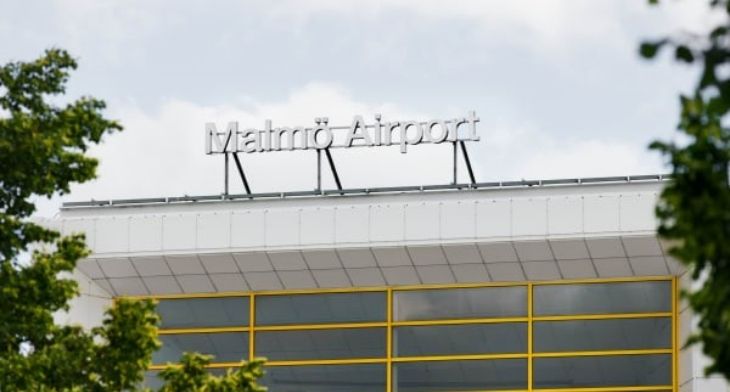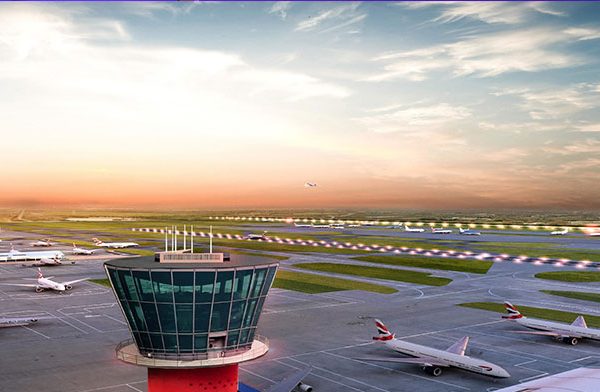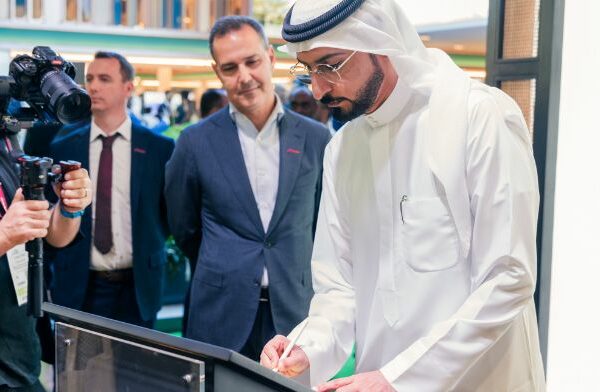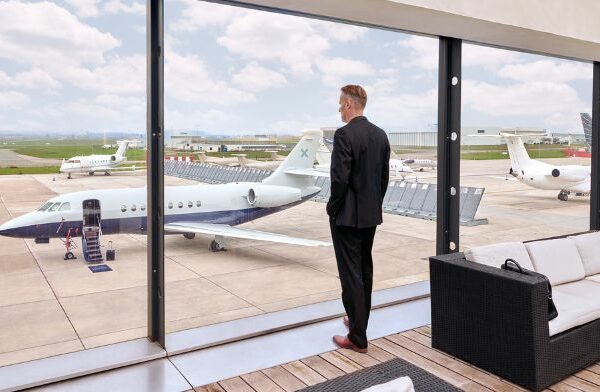


Sweden’s third largest airport and an international gateway for the south of the country, Malmö Airport celebrated its anniversary on 1 December. Among the activities offered in conjunction with the airport’s 50th anniversary is an exhibition of uniforms which will be on display at the airport until the end of 2022.
Since it opened in 1972, the airport has seen more than 60 million passengers travelling through its doors and this year it has also achieved being one of the first airports in the world to be fossil-free in its own operations. Some of the famous faces that have passed through the airport over the years include Zlatan Ibrahimovic, who played football with his wife, Helena Seger, in the departure hall. Meanwhile, Pope Francis met Sweden’s former prime minister at the airport.
“It is a great joy for us to celebrate Malmö Airport’s half-century of operations,” said Karin Ohrström, Airport Director at Swedavia, Malmö Airport. “The airport is an important part of the transport network in Sweden and the Oresund region and, since its opening, has played a critical role both for the region and for many travellers. Now, after several years of pandemic, our passengers have returned, which we naturally think is really positive for people’s opportunities to be able to meet again, both in their leisure and in their work.”
Offering a network of around 20 destinations with a strong focus on links to eastern Europe, the airport also plays a key role in domestic connectivity. Its service to Stockholm offers nearly 100 weekly departures to the Swedish capital.
“Malmö Airport has the advantages of a small airport, with fast, smooth flows. The airport is especially important to our domestic travellers and for connectivity to Stockholm. It is also very positive and important that our airlines are back operating with their destinations after several years of pandemic and continue to invest in Malmö Airport. Alongside the resumption of air travel, Swedavia continues to actively drive the aviation industry’s climate transition. Together the industry’s shared goals of fossil-free domestic air travel by 2030 and totally fossil-free Swedish air travel by 2045 can be achieved,” added Ohrström.






